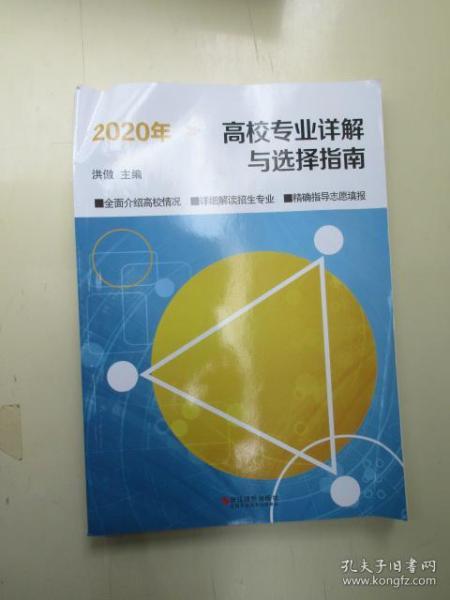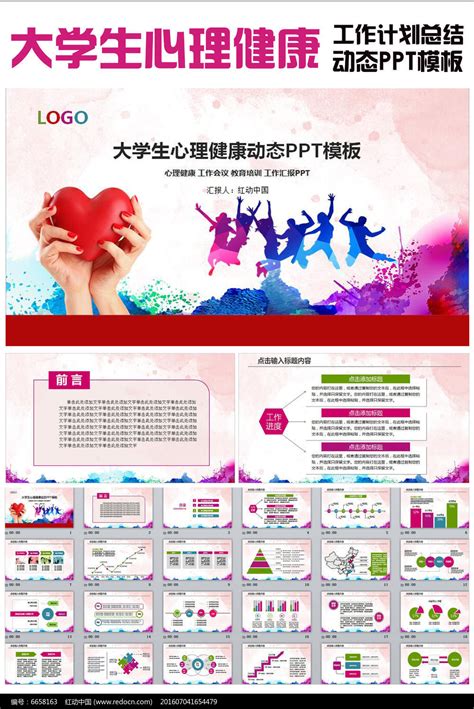教育心理学知到考试
Title: Navigating Educational Psychology in Examination Settings
In the realm of education, understanding the nuances of educational psychology is crucial, especially when it comes to examinations. Educational psychology delves into the study of how individuals learn and the various factors that influence their learning experiences. Here, we'll explore key concepts and strategies within educational psychology that can aid in exam preparation and performance.
Understanding Educational Psychology:
Educational psychology encompasses a range of theories and principles that shed light on how students acquire knowledge, retain information, and demonstrate their understanding. It draws from fields such as cognitive psychology, developmental psychology, and behavioral psychology to provide insights into the learning process.
Cognitive Processes:
Memory Encoding and Retrieval:
Encourage students to employ effective encoding strategies such as elaborative rehearsal and mnemonic devices to enhance memory retention. Practice retrieval exercises to strengthen recall.
Metacognition:
Foster metacognitive awareness by teaching students to monitor their own learning process, set goals, and employ effective study strategies. Encourage reflection on learning strategies' effectiveness.Motivation and Engagement:
Intrinsic vs. Extrinsic Motivation:
Cultivate intrinsic motivation by connecting learning objectives to students' personal interests and aspirations. Provide opportunities for autonomy, mastery, and purpose in learning.
SelfEfficacy:
Bolster students' selfbelief by offering constructive feedback, setting achievable goals, and highlighting their progress over time. Emphasize the importance of effort and perseverance.SocioEmotional Factors:
Classroom Climate:
Foster a supportive and inclusive classroom environment where students feel valued, respected, and safe to express themselves. Promote positive peer relationships and collaboration.
Stress and Anxiety Management:
Equip students with stressreduction techniques such as deep breathing, mindfulness, and time management skills to alleviate examrelated anxiety. Encourage a balanced approach to studying and selfcare.Learning Styles and Individual Differences:
Visual, Auditory, and Kinesthetic Learners:
Recognize and accommodate diverse learning preferences through varied instructional methods and materials. Encourage students to leverage their strengths while developing weaker areas.
Special Educational Needs:
Provide personalized support and accommodations for students with learning disabilities or other special needs. Collaborate with special education professionals to ensure inclusive assessment practices.Effective Study Strategies:
Spaced Practice:
Advocate for regular study sessions distributed over time rather than cramming. Encourage students to review material periodically to reinforce learning.
Active Learning:
Promote active engagement through activities such as selfquizzing, concept mapping, and peer teaching. Encourage students to apply knowledge to realworld contexts.
Interleaved Practice:
Mix different topics or subjects within study sessions to enhance retention and transfer of learning. Encourage students to make connections between related concepts.TestTaking Skills:
Time Management:
Teach students to allocate time effectively across exam questions and prioritize based on difficulty and point value. Encourage them to pace themselves and avoid spending too much time on any single question.
Question Interpretation:
Emphasize the importance of carefully reading and understanding each question before responding. Encourage students to identify key terms, consider context, and generate a plan of attack.
Response Strategies:
Provide guidance on structuring clear and concise responses, organizing thoughts logically, and providing supporting evidence or examples where appropriate.Conclusion:
Incorporating principles of educational psychology into exam preparation and performance can enhance students' learning experiences and outcomes. By understanding cognitive processes, motivation factors, socioemotional dynamics, and effective study strategies, educators can empower students to navigate exams with confidence and competence.
Remember, while exams are important measures of learning, they should not overshadow the broader goals of education, which include fostering critical thinking, creativity, and lifelong learning skills. Encourage students to view exams as opportunities for growth and selfdiscovery rather than mere assessments of knowledge.
References:
Woolfolk, A. (2018). Educational Psychology (14th ed.). Pearson.

McInerney, D. M., & Van Etten, S. (Eds.). (2018). Big theories revisited 2. Information Age Publishing.
Zimmerman, B. J., & Schunk, D. H. (2019). Educational Psychology: A Century of Contributions. Routledge.











